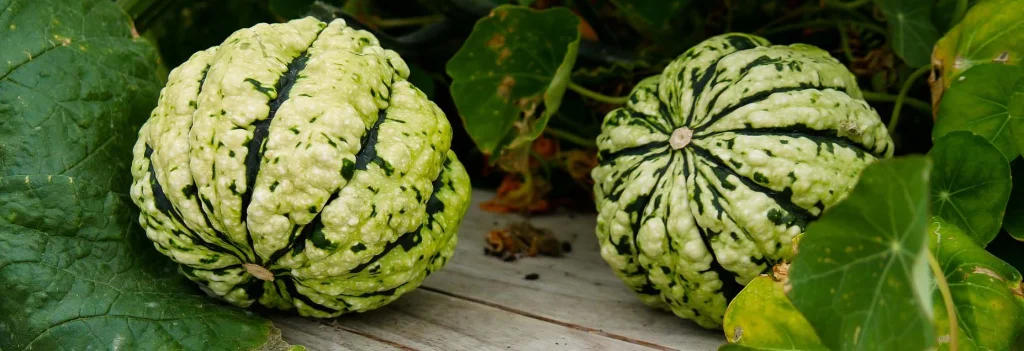Taking down a trellis
Already, the sticks I tied are withered and falling,
The calabash leaves are thin and sparse.
Luckily the white flowers have born their fruit,
And peacefully the green leaves have faded.
Autumn insects speak not a sound,
What’s must sparrows think at dusk?
For bitter cold is now our prison;
So, Life too has such beginnings.
Autumn 759, Tang dynasty
The Tang Dynasty lasted from 618 to 907. This is often referred to as the golden age of Chinese history. This prosperous time was interrupted by the An Lushan Rebellion (755-763) which caused the capital of Chang’an to fall, the emperor to flee to the south, along with massive human casualties before the succeeding emperor Suzong began the process of reestablishing imperial rule.
The poet Du Fu suffered throughout the rebellion, though he realized that his troubles were little when compared to the peasant. He escaped the capital and made his way to the imperial court in exile. In 757, he was given leave to visit his family in a Qiang village Du Fu had placed his family for safety. There he wrote three poems title Qiang Village 1, 2, and 3.
Late in 757, Du Fu returned to Chang’an along with the imperial court . He was then given a position of some importance, but this lasted only until the summer as Du Fu was one who spoke freely, and sound advice is not always well taken. Thus, Du Fu was relegated to remote Huazhou where he was made Commissioner of Education, a post not to his liking.
Qiang Village
In the spring or summer of 759, Du Fu moved on to Qinzhou (Tianshui, Gansu province), west of the capital of Chang’an, where he wrote more than sixty poems including the one above. In a way this has brought Du Fu full circle to the Qiang village where his family had sought safety during the worst of the An Lushan rebellion.
Poem’s meaning
The poem Taking down the Trellis is best understood by a gardener who sees and understands the cycle of life. The trellis refers three or more staked sticks, the technique of raising the vines off the ground so that insects and ground animals will not eat the fruit.
Du Fu picked the calabash 瓠 to grow on the trellis. The calabash is a traditional Chinese vegetable consumed when young and used as utensils when mature. The gourd being smaller than a pumpkin is lighter and the vine can grow in a pot or staked to sticks tied together to save space.
Pinyin and Chinese
chú jià
shù xīn yǐ líng luò
hù yè zhuǎn xiāo shū
xìng jiē bái huā liǎo
nìng cí qīng màn chú
qiū chóng shēng bú qù
mù què yì hé rú
hán shì jīn láo luò
rén shēng yì yǒu chū
除架
束薪已零落
瓠叶转萧疏
幸结白花了
宁辞青蔓除
秋虫声不去
暮雀意何如
寒事今牢落
人生亦有初
Notes on translation
除架, chú jià, the title, literally means removing the frame, or in this case the sticks that hold up the vine, poetically, taking down the trellis. 寒事, Hán shì, this “cold thing” I translate to bitter cold, also may refers to the Han dynasty, an earlier dynasty of four centuries that also succumbed. 牢落, láo luò, seems to have two meanings, “prison” and “fasten”; 落 luò, maning leaving behind, suggesting the idea of leaving our earthly world (prison) behind.
人生 rén shēng means life, one’s time on earth.
Qiang people
The Qiang 羌 people (the Chinese character 羌 is itself a combination of sheep 羊 and a man 人) is an ancient term for pastoral nomads who lived in the west on the border with Tibet. This would have given Du Fu an affinity for the people based on his own itinerant life.












